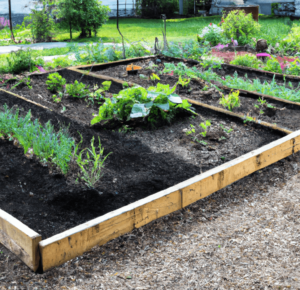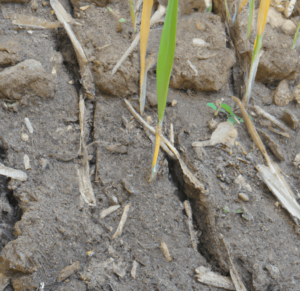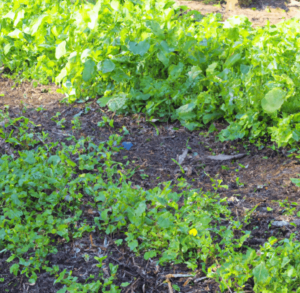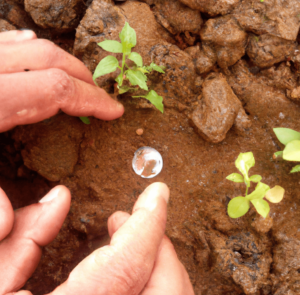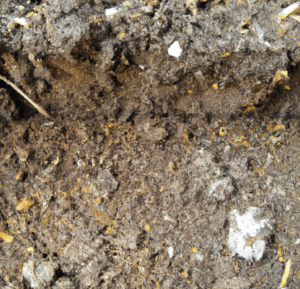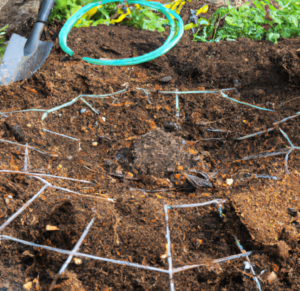Gardening is a well-liked hobby that combines creativity and nature, but it also requires knowledge of the soil you are dealing with. A skilled gardener is aware that healthy gardens are built on healthy soil, and that soil enhancements are essential to ensure that plants grow well and produce their best. Let’s dive into what you need to know about understanding and using soil amendments in your garden.
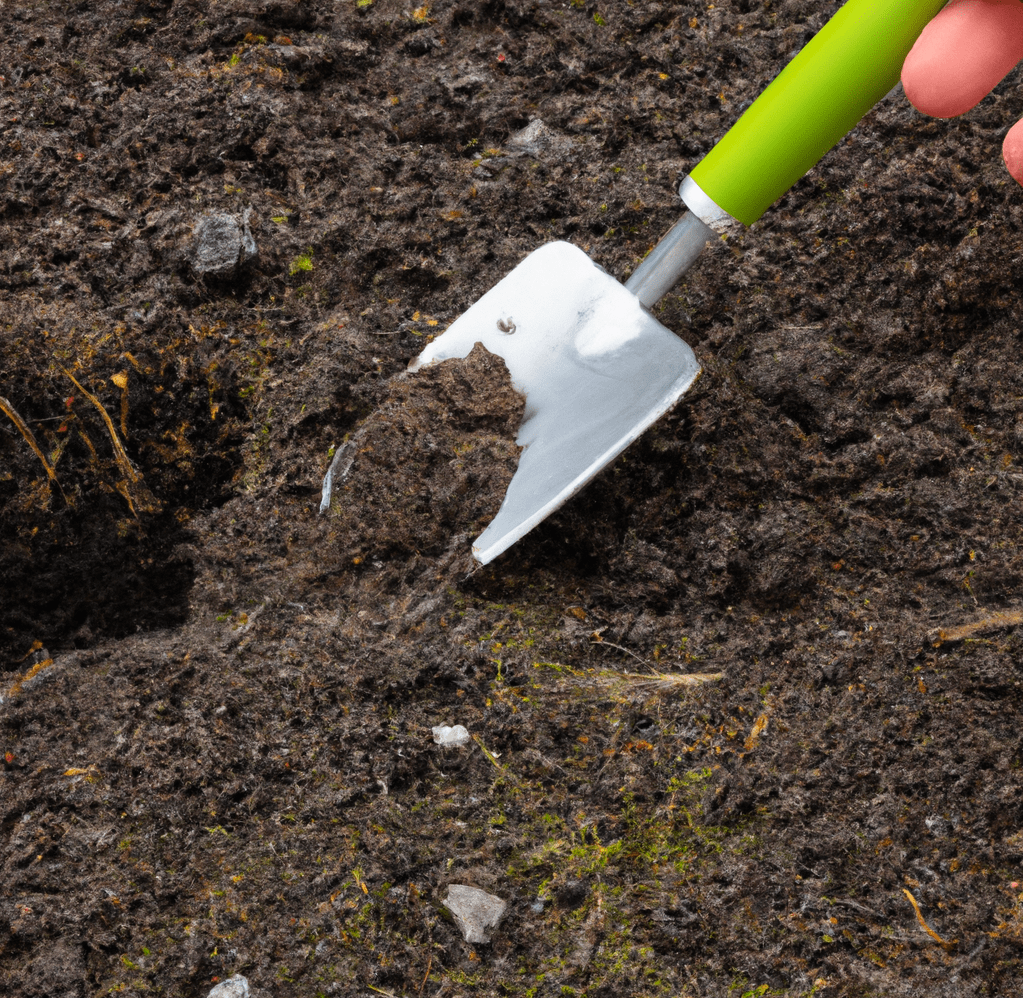
Understanding Soil Amendments
As you’re understanding and using soil amendments in your garden, you need to know what these are. Substances applied to soil to increase its fertility and quality are known as soil amendments. These amendments could include fertilizers, organic matter, or other substances that improve the soil’s capacity to foster robust plant development.
- An example of a soil amendment is fertilizer, which gives plants vital nutrients including nitrogen, phosphorous, and potassium. These nutrients are crucial for the formation of robust roots, stems, and leaves, which are necessary for healthy plant growth. Fertilizers might be synthetic, like chemical fertilizers, or organic, like compost or manure.
- Another sort of soil supplement that can enhance the structure and fertility of the soil is organic matter, such as compost or mulch. Organic matter aids in moisture retention, controls weed growth, and gives plants a gradual release of nutrients which may be exactly what your plants need after you learned about the importance of soil moisture in your garden. Enhancing the soil’s capacity to retain nutrients and foster healthy root growth, also contributes to the improvement of soil structure.
- Organic matter also aids in enhancing soil aeration, which is crucial for the well-being of plant roots. Minerals like lime, gypsum, and rock phosphate, which are applied to the soil to balance pH levels or supply vital nutrients, can also be used as soil amendments. These minerals can aid in enhancing soil fertility and encouraging strong plant growth.
It is crucial to take the sort of plants you are cultivating and their particular requirements into account when applying soil amendments. It’s important to abide by recommendations for the quantity of fertilizer to use and the frequency of application because fertilizing too much might harm plants. In order to raise the soil’s quality in a garden setting and encourage strong plant growth, soil amendments are essential.
Types of Soil Amendments
As you are understanding and using soil amendments in your garden more, you’ll have to choose between the two different types. The two primary categories of soil amendments are organic and inorganic.
- Natural resources that can be utilized to make organic amendments include compost, peat moss, and manure. These additions provide a steady release of nutrients to the soil while improving soil structure, water-holding capacity, and aeration. Additionally, organic additions can help to improve soil health by encouraging the growth of beneficial soil bacteria.
- While inorganic amendments are made using fertilizers and other synthetic ingredients. They provide plants with quick and immediate nutrients, but if applied in excess, they can also slowly deteriorate the soil’s fertility. Inorganic amendments should only be used sparingly and with caution.
Remember that the specific needs of the soil and the plants growing there will determine the best type of soil amendment for a garden. To determine the best amendment, it is advisable to do a soil test that measures the pH, nitrogen content, and other characteristics of the soil. Based on the results of the soil test, gardeners can choose the best amendment to help improve soil quality and promote healthy plant growth by also recommending that you use cover crops for a better garden.
Importance of Using Soil Amendments
In order to increase the physical and chemical qualities of soil, which are essential in gardening in order to promote plant growth and development, soil amendments are chemicals that are added to the soil. As you’re understanding and using soil amendments in your garden, a favorable habitat for plant roots that need enough oxygen, water, and nutrients can be created by incorporating organic matter into the soil. This can also enhance soil structure, drainage, and water-holding capacity.
The addition of compost, peat moss, or old animal manure to increase the amount of organic matter in the soil or lime to raise the pH of the soil are examples of soil amendments that can be used in gardens to improve soil fertility, adjust pH levels, and contribute necessary nutrients. In order to provide plants with a favorable environment for growth and development, soil amendments must be used in gardens.
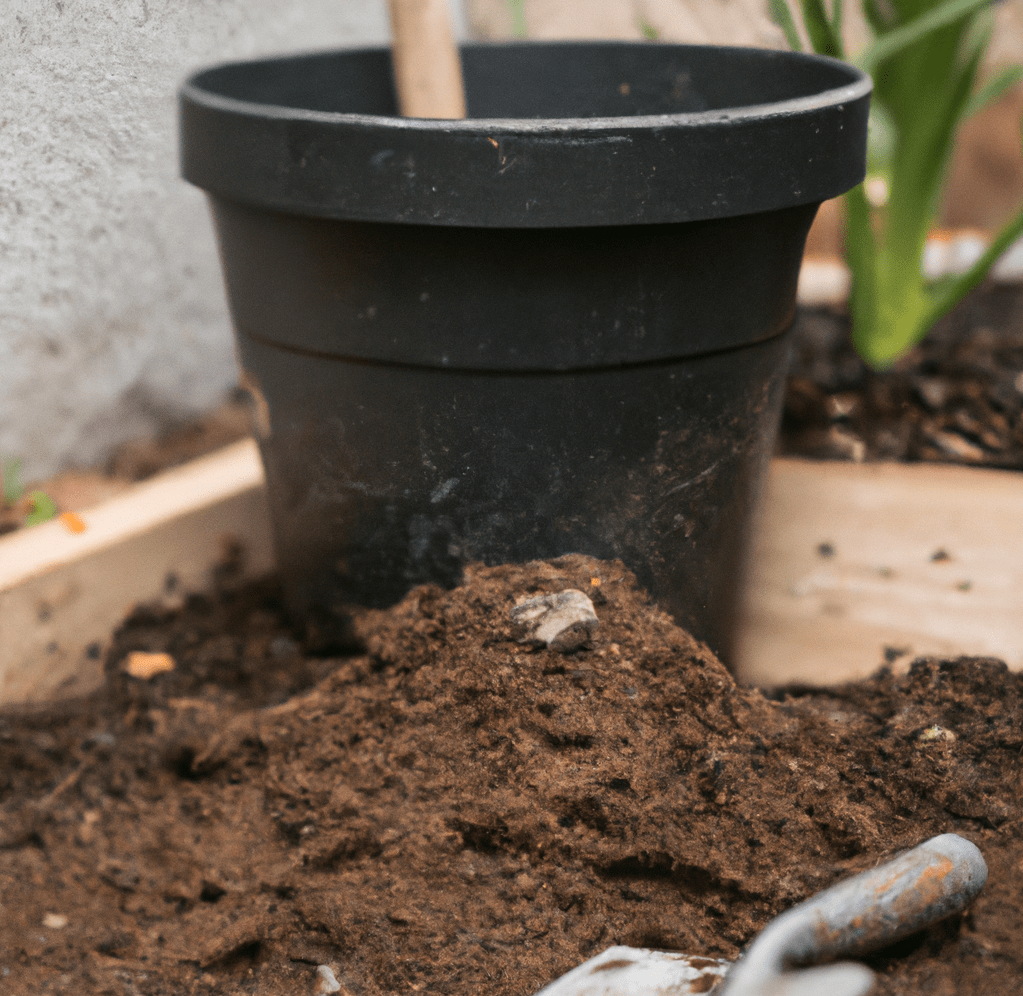
How to Use Soil Amendments
Materials applied to soil as amendments might enhance its physicochemical characteristics. They can boost soil structure, water infiltration, and plant nutrient availability. The health and production of your garden can significantly improve if you apply nutrients to clay-rich soil.
As you’re diving into understanding and using soil amendments in your garden, you can use them this way:
- Testing Your Soil: It’s critical to understand your soil’s requirements before introducing any additives. A soil test will reveal details about your soil’s pH, nutrient content, and texture. You can decide which adjustments to make using the information provided.
- Selecting the Appropriate Amendment for Your Soil: You can select the ideal amendment for your soil based on the findings of your soil test. For instance, adding sulfur can lower the pH of alkaline soil. Compost or fertilizer additions can increase the fertility of nutrient-poor soil.
- Getting the Soil Ready: Till the soil or dig it with a garden fork to a depth of at least 8 inches to loosen it. This will facilitate both soil penetration by your plants’ roots and soil incorporation of the amendments.
- Adding the Amendment to the Soil: Add the amendment to the soil by tilling it or with a garden fork. Apply the amendment to the soil by uniformly distributing it there and then raking it into a depth of 4-6 inches.
- Water: After adding the amendment, water the area to help the soil absorb it.
You can utilize soil amendments to enhance the health and productivity of your garden by following these simple steps.
Common Soil Amendment Types
If you’re understanding and using soil amendments in your garden more, here are some of the most common types:
- Anything made from living or extinct organisms is considered to be organic stuff: Compost, leaf mold, peat moss, and well-rotted manure are a few examples of organic material. These substances provide the soil with essential nutrients while also enhancing its structure, water-holding ability, and general fertility.
- Fertilizers: Fertilizers are substances, either synthetic or organic, that is put into soil in order to supply the vital nutrients needed for plant growth. There are many different kinds of fertilizers, including slow-release fertilizers, organic fertilizers like bone meal and blood meal, and chemical fertilizers like ammonium nitrate and potassium chloride (such as pelletized poultry manure).
- Lime: To increase the pH of the soil, lime is used as a soil amendment. Too-acidic soils can hurt plants because they restrict them from absorbing vital nutrients. Lime aids in reducing soil acidity and increasing the availability of vital nutrients to plants.
- Gypsum: A soft mineral used to strengthen the structure of heavy clay soils is gypsum. Root encroachment can be challenging in clay soils, which can also result in poor drainage. Gypsum aids in breaking up clay soils and improving their structure, which facilitates root growth and water drainage.
Understanding the particular requirements of your soil and plants can help you choose the best soil amendment for your garden, whether you decide to use organic matter, fertilizers, or another sort.
Organic Amendments
Understanding and using soil amendments in your garden is understanding that organic amendments are compounds that are put into the soil to increase fertility and health. Compost, manure, peat moss, and other types of organic matter are just a few examples of the numerous organic materials that can be used to make these amendments. They supply crucial nutrients and enhance soil structure when they are integrated into the soil, which enables plants to grow stronger and healthier:
- Compost: One of the most common organic garden additions is compost. It is created by decomposing organic waste products, including leftover food, yard debris, and leaves, into a nutrient-rich soil supplement. Compost contributes to the soil’s organic matter content, which enhances soil structure and fertility and promotes healthier plant growth.
- Manure: Another typical soil improvement that is frequently utilized in gardens is manure. It is created from farm animal excrement and can give the soil beneficial nutrients and organic matter. To prevent any potential health problems from pathogens, the manure must be adequately composted or aged before being used in the garden.
- Peat moss: A common organic fertilizer used in gardening, particularly in soils with acidic content, is peat moss. It is a natural soil conditioner that aids in enhancing soil structure, moisture retention, and lowering soil compaction. Peat moss can also be used as a mulch around plants or as a soil amendment in seed starting mixtures.
Inorganic Amendments
As you’re understanding and using soil amendments in your garden, you may opt for inorganic amendments which are used to enhance the soil’s structure and fertility for farming and gardening. Fertilizers and minerals like lime, gypsum, and sulfur are among these amendments. Inorganic amendments are frequently used to change the pH of the soil and give plants vital nutrients:
- Lime: Lime is a typical inorganic amendment used to increase the alkalinity of acidic soil by bringing up its pH level. This may aid in enhancing soil fertility and increasing the availability of nutrients to plants.
- Gypsum: Another inorganic supplement that is frequently used to enhance soil structure and drainage is gypsum. It can also increase soil fertility and aid in giving plants the nutrients they need.
- Sulfur: Sulfur is an inorganic additive used to increase the acidity of alkaline soil by lowering its pH level. This can aid in enhancing soil fertility and increasing the availability of nutrients to plants, especially those that like an acidic soil environment.
The soil in your garden can be improved using inorganic supplements, but it’s crucial to utilize them correctly and in the right quantities. Overuse of inorganic additions may disrupt the fertility of the soil and perhaps harm plants. Before introducing any kind of inorganic amendment to your soil, it is best to seek advice from a specialist or conduct a study.
Bottom Line: Understanding and Using Soil Amendments in Your Garden
A productive garden’s base is its healthy soil and understanding and using soil amendments in your garden can help. But not all soils are made equal, and occasionally they require a little more assistance to provide plants with the greatest possible environment. Soil amendments can help with this.
Substances added to soil as amendments can help with drainage, structure, and fertility. They may include minerals, organic debris, or fertilizers that can aid to offer the ideal ratio of moisture and nutrients for plants to thrive.
The success of your garden depends on the soil, regardless of whether you are planting flowers, veggies, or bushes. Using soil amendments, whether you need to add organic matter, fertilizer, or minerals, can assist to improve the health of your soil and encourage the growth of strong, vivacious plants. You may make a garden that will flourish and look lovely for many years by paying attention to the requirements of your soil and employing soil amendments wisely.
FAQs on Understanding and Using Soil Amendments in Your Garden
Why is understanding and using soil amendments in your garden important? What are they?
Material is put into the soil as a soil amendment to improve fertility and quality. They may consist of organic matter, fertilizers, or other elements that increase the soil’s ability to support healthy plant growth. Gardeners should employ soil amendments because they improve the physical and chemical properties of the soil, which are crucial for fostering plant growth and development. They also make the soil a more hospitable environment for plant roots.
What kinds of soil amendments are there?
Organic and inorganic soil amendments are the two main subcategories. Compost, peat moss, and manure are examples of natural materials used to create organic amendments. Fertilizers and other synthetic materials are used to create inorganic amendments.
How can I choose the ideal soil improvement for my garden?
The best amendment for your garden should be determined by a soil test. The pH, nitrogen content, and other properties of the soil will all be determined by the soil test. Gardeners can select the optimum amendment to assist improve soil quality and encourage healthy plant growth based on the findings of the soil test.
What are the benefits of applying soil amendments?
Amendments to the soil improve its physical and chemical properties, which are crucial for fostering plant growth and development. It is possible to improve soil structure, drainage, water-holding capacity, and pH levels by adding organic matter or other soil amendments.
How should I apply soil improvements to my garden?
Understanding your soil’s needs through a soil test is essential before introducing any soil amendments. You can choose the best amendment for your soil once you know the results of the soil test. You must till or dig the soil to a depth of at least 8 inches before adding soil amendments. Next, till the soil or a garden fork the amendment into the soil.
What must I remember when applying soil amendments to my garden?
When utilizing soil amendments, it’s critical to bear in mind the unique requirements of your soil and plants. Additionally, you must follow instructions for the amount of fertilizer to apply and the frequency of application. Overfertilizing can be detrimental to plants. Additionally, it’s best to employ inorganic amendments sparingly and carefully.


